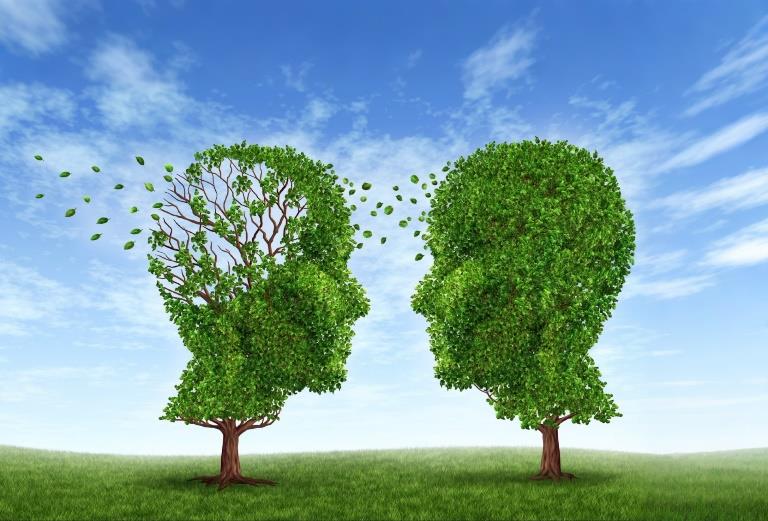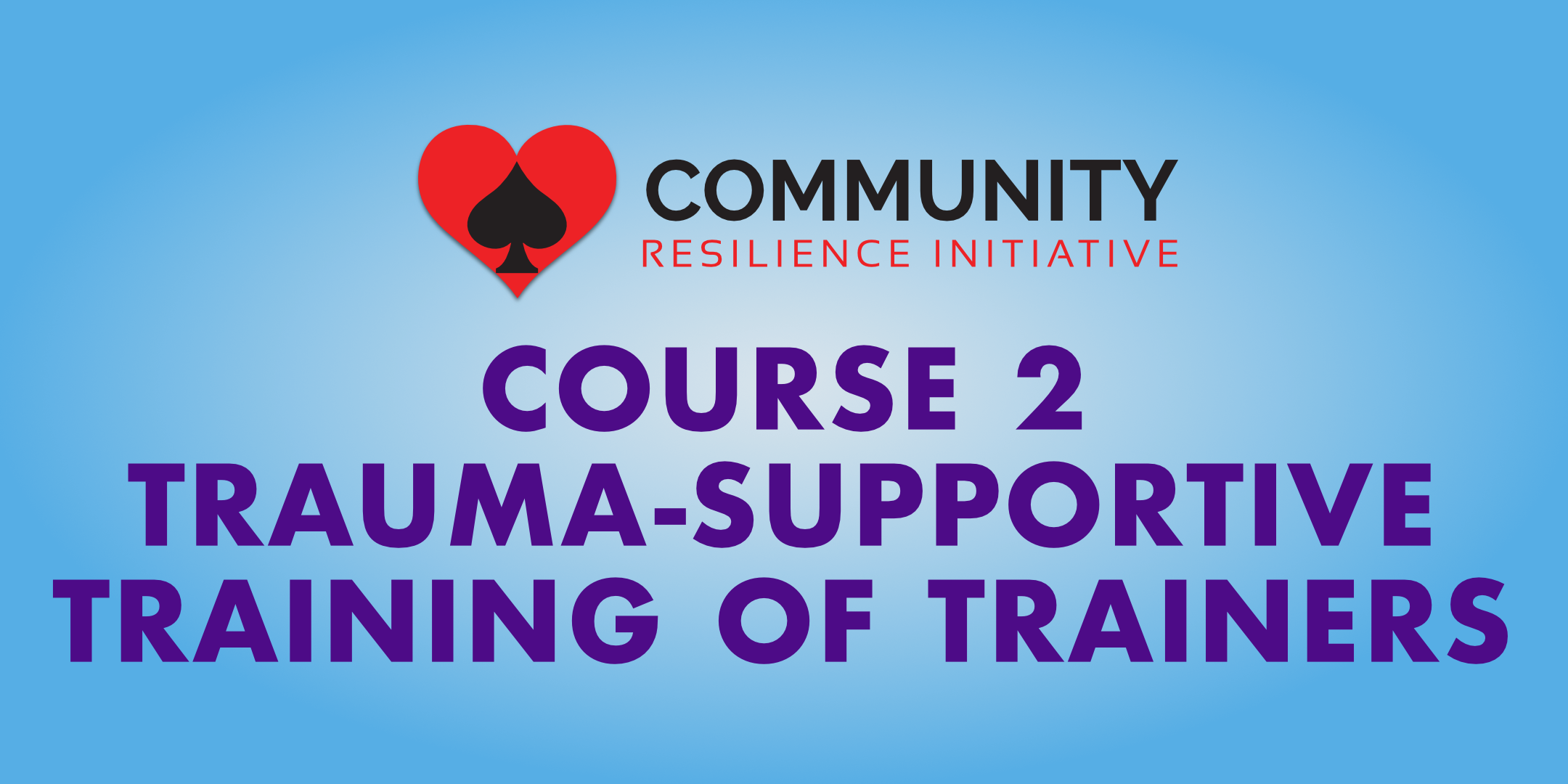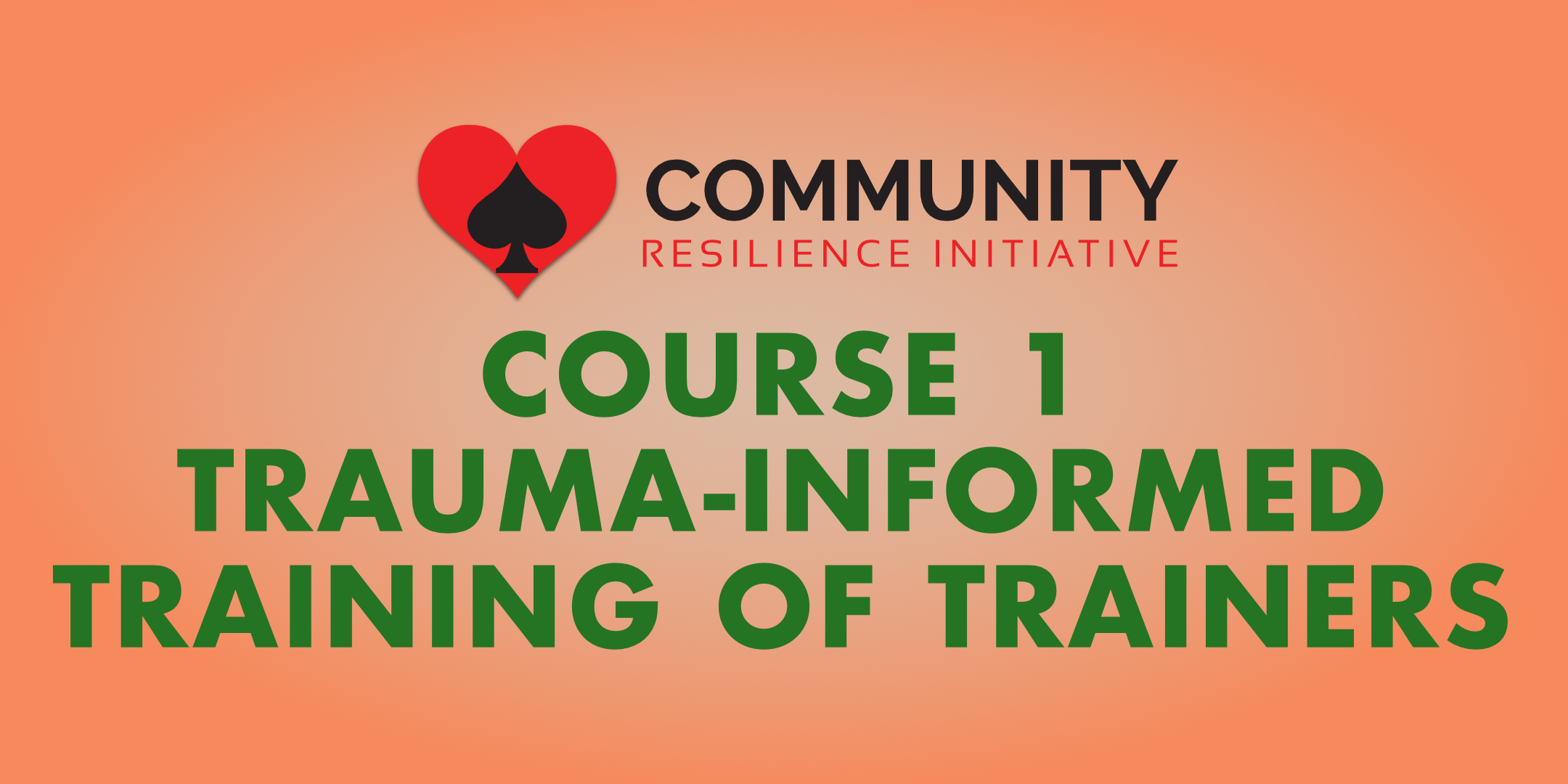Community Resilience Initiative
This course takes place liver over zoom on February 11 and March 11 9:30 AM - 12:30 PM PST
A dynamic LIVE WEBCAST course, Course 1 introduces CRI’s capacity-building framework for building resilience, KISS. Knowledge, Insight, Strategies and Structure describes our community’s learning and movement from theory to practice and how to implement evidence-based strategies into action. The training includes three groups of topics: the NEAR sciences, a cluster of emerging scientific findings in the fields of Neuroscience, Epigenetics, ACE Study, and Resilience; Beneath Behavior, the critical transition from Knowledge to Insight; and ROLES, CRI’s signature training on Recognize, Observe, Label, Elect and Solve, core strategies that take us below the tip of the proverbial iceberg. The key objective is to provide information about identifying and responding to trauma with evidence-based resilience strategies when working with an audience whose trauma history may not be known.

- Manager: Penny Capko
This course will be held live over Zoom on:
Wednesday March 5, 12, 19 & 26 from 12:00 PM to 1:30 PM PT
Course Description
Moving From Trauma-Informed to Healing Centered Practices
This course will be available on demand during and after the course has been completed for all attendees via zoom recording for 1 full year after the last session.
When stress becomes prolonged or intense (trauma), the body and brain enter a stress-based state. This can lead to ongoing stress symptoms like trouble sleeping, anxiety, depression, digestive issues, chronic tension, stress-related ailments, or learning challenges. These effects can have a cascading impact across the lifespan.
Healing-centered practices help the body and brain return to a balanced, restorative, or high-performance state. Central to this process is the care of the brain, nervous system, and stress-related patterns held in the muscle memory. Advances in neuroscience and epigenetics inspire powerful habits to relieve stress and improve well-being
Course Objectives:
- Integrate healing-centered and restorative practices into trauma-informed care.
- Take care of your brain and central nervous system to feel better and perform at your best throughout the day.
- Understand the connection between stress and disease and learn techniques to reconnect with your body’s strong foundation for wellbeing.
- Activate and strengthen your social engagement and learning systems.
- Use co-regulation as a tool for growth and healing.
- Develop a mindset and habits to support your goals.
- Gain actionable insights to boost your health at the cellular level.
- Recognizing the deep connection between culture, identity, and healing.
The 4-part experiential learning series helps people create efficient self-care practices.
Part 1 sets the foundation for the series: We get our witness in play to reveal our dynamic and
adaptive body. We take care of our spine, brain, and posture to support brain health. We discover
our stress-reflexes, relaxation-reflexes, and comfort signals.
Part 2 cares for the organs including our brain. Our brains love oxygen and nutrients and are just
waiting for us to create the foundations for wellbeing. We explore four key aspects of restorative
breath. We learn about the triune nervous system and what helps us restore balance and ease.
Part 3 activates our Social Engagement System: We discover the superpower of Co-Regulation
and the importance of mirror neurons. We learn how to claim and share our calm with others as
we reconnect with the world around us.
Part 4 inspires action and application: We see beautiful anatomy details to help us understand how to work with our smart bodies. We plan for our next steps for ourselves and our community.



- Manager: Penny Capko
- Manager: Teresa Posakony
- Manager: Rebeckah Turner
This course will take place live on Zoom on January 21, 22, and 23 at 9:00 AM to 1:00 PM PST.
Course 2: Trauma-Supportive Certification Training for Trainers is a 3 part course that prepares individuals to conduct CRI’s Trauma-Supportive: Course 2 in his/her/their organization or agency. Attendees will learn to deliver material consistent with relevant science regarding resilience-based practices with universal application. They will receive training on how to use promising approaches to develop strategies to:
- Build a positive culture in the classroom, office, or the family
- Foster resilience through affirming communication
- Create effective regulation skills
- Deliver compassionate and empowering discipline
- Teach others about their own trauma and stress response
- Develop trauma-informed conflict resolution skills
***Attendees for Course 2 Trauma Supportive Training of Trainers must have taken CRI’s Course 1 on Demand and Course 2 on Demand.
If you have any technical issues please contact Tom Dawson at tom@knowledgedash.com.

- Manager: Penny Capko
This course will take place virtually live over zoom on January, 13th, 14th and 15th, from 9:00am to 1:00pm PST.
Trauma-Informed Certification Training for Trainers prepares individuals to conduct CRI’s Trauma-Informed Certification Program, Course 1 in his or her organization or agency. Attendees learn to deliver material consistent with relevant research. Receive training tips to present everything from the N.E.A.R. Sciences, Brain States, and CRI’s signature R.O.L.E.S. Training; a research-based approach to responding to trauma. This acclaimed training for trainers also introduces individuals to ECTcellence, a trauma-informed instructional framework to guide the learning process.
***Attendees for Course 1 Trauma-Informed Training of Trainers must have taken CRI’s Course 1 on Demand.
If you have any technical issues please contact Tom Dawson at tom@knowledgedash.com.

- Manager: Penny Capko
